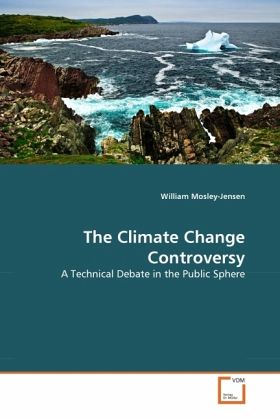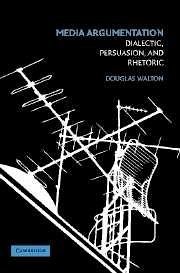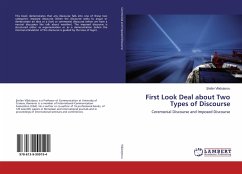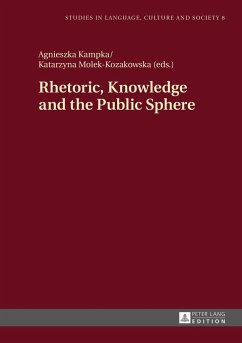
The Climate Change Controversy
A Technical Debate in the Public Sphere
Versandkostenfrei!
Versandfertig in 6-10 Tagen
32,99 €
inkl. MwSt.

PAYBACK Punkte
16 °P sammeln!
The scientific consensus on climate change is not recognized by the public. This is due to many related factors, including the Bush administration's science policy, the reporting of the controversy by the media, the public's understanding of science as dissent, and the differing standards of argumentation in science and the public sphere. Al Gore's "An Inconvenient Truth" was produced in part as a response to the acceptance of climate dissent by the Bush administration and achieved a rupture into the public sphere by bringing the technical issue forward for public deliberation. Rather than clo...
The scientific consensus on climate change is not recognized by the public. This is due to many related factors, including the Bush administration's science policy, the reporting of the controversy by the media, the public's understanding of science as dissent, and the differing standards of argumentation in science and the public sphere. Al Gore's "An Inconvenient Truth" was produced in part as a response to the acceptance of climate dissent by the Bush administration and achieved a rupture into the public sphere by bringing the technical issue forward for public deliberation. Rather than closing off, the rupture has been sustained by dissenters through the use of argument strategies designed to foster controversy at the expense of deliberation. This makes it incumbent upon rhetorical scholars to theorize the closure of controversy and policymakers to recognize that science will not always have the answers.












